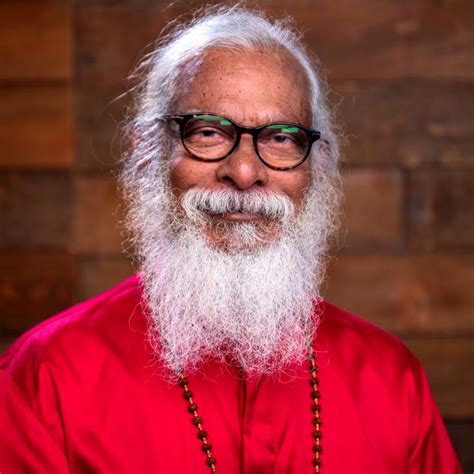A Quote by James Hillman
An individual's harmony with his or her 'own deep self' requires not merely a journey to the interior but a harmonizing with the environmental world.
Related Quotes
The point I wish plainly to bring before you on this occasion is the individuality of each human soul--our Protestant idea, the right of individual conscience and judgment--our republican idea, individual citizenship. In discussing the rights of woman, we are to consider, first, what belongs to her as an individual, in a world of her own, the arbiter of her own destiny, an imaginary Robinson Crusoe with her woman Friday on a solitary island. Her rights under such circumstances are to use all her faculties for her own safety and happiness.
The most dangerous man in the world is the contemplative who is guided by nobody. He trusts his own visions. He obeys the attractions of an interior voice but will not listen to other men. He identifies the will of God with anything that makes him feel, within his own heart, a big, warm, sweet interior glow. The sweeter and the warmer the feeling is, the more he is convinced of his own infallibility.
If I love the other person, I feel one with him or her, but with him as he is, not as I need him to be as an object for my use. Respect thus implies the absence of exploitation: it allows the other to be, to change and to develop 'in his own ways.' This requires a commitment to know the other as a separate being, and not merely as a reflection of my own ego. According to Velleman this loving willingness and ability to see the other as they really are is foregrounded in our willingness to risk self-exposure.
Prayer is intended to increase the devotion of the individual, but if the individual himself prays he requires no formula; he pours himself forth much more naturally in self-chosen and connected thoughts before God, and scarcely requires words at all. Real inward devotion knows no prayer but that arising from the depths of its own feelings.
Insecurity refers to a profoud sense of self-doubt-a deep feeling of uncertainty about our basic worth and our place in the world. Insecurity is associated with chronic self-consciousness, along with a chronic lack of confidence in ourselves and anxiety about our relationships. The insecure man or woman lives in constant fear of rejection and a deep uncertainty about whether his or her own feelings and desires are legitimate.
Every being has its own interior, its self, its mystery, its numinous aspect. To deprive any being of this sacred quality is to disrupt the total order of the universe. Reverence will be total or it will not be at all. The universe does not come to us in pieces any more than a human individual stands before us with some part of his/her being.
[T]he individual in whom the will for the light is strong and clear finds his heart inextricably bound up with the struggle of the forces of light in his native place and time. Much as he may long for the opportunity of fuller self- expression in a happier world, he knows that for him self-expression is impossible save in the world in which his mind is rooted. The individual in whom the will for the light is weak soon persuades himself that his opportunity lies elsewhere.
The most unhappy people in the world are the ones who live only for themselves. All that they do, they do only for their own sake. For these self- centered individuals, the most precious things in the world is their ‘self.’ Like a cancer that eats and destroys its own cells, the self-centered individual is slowly dying inwardly.
Deep within the individual is a vast reservoir of untapped power awaiting to be used. no person can have the use of all this potential until he learns to know his or her own self. the trouble with many people is that they got through life thinking and writing themselves off as ordinary commonplace persons. having no proper belief in themselves they live aimless and erratic lives largely because they never realize what their lives really can be or what they can become





































